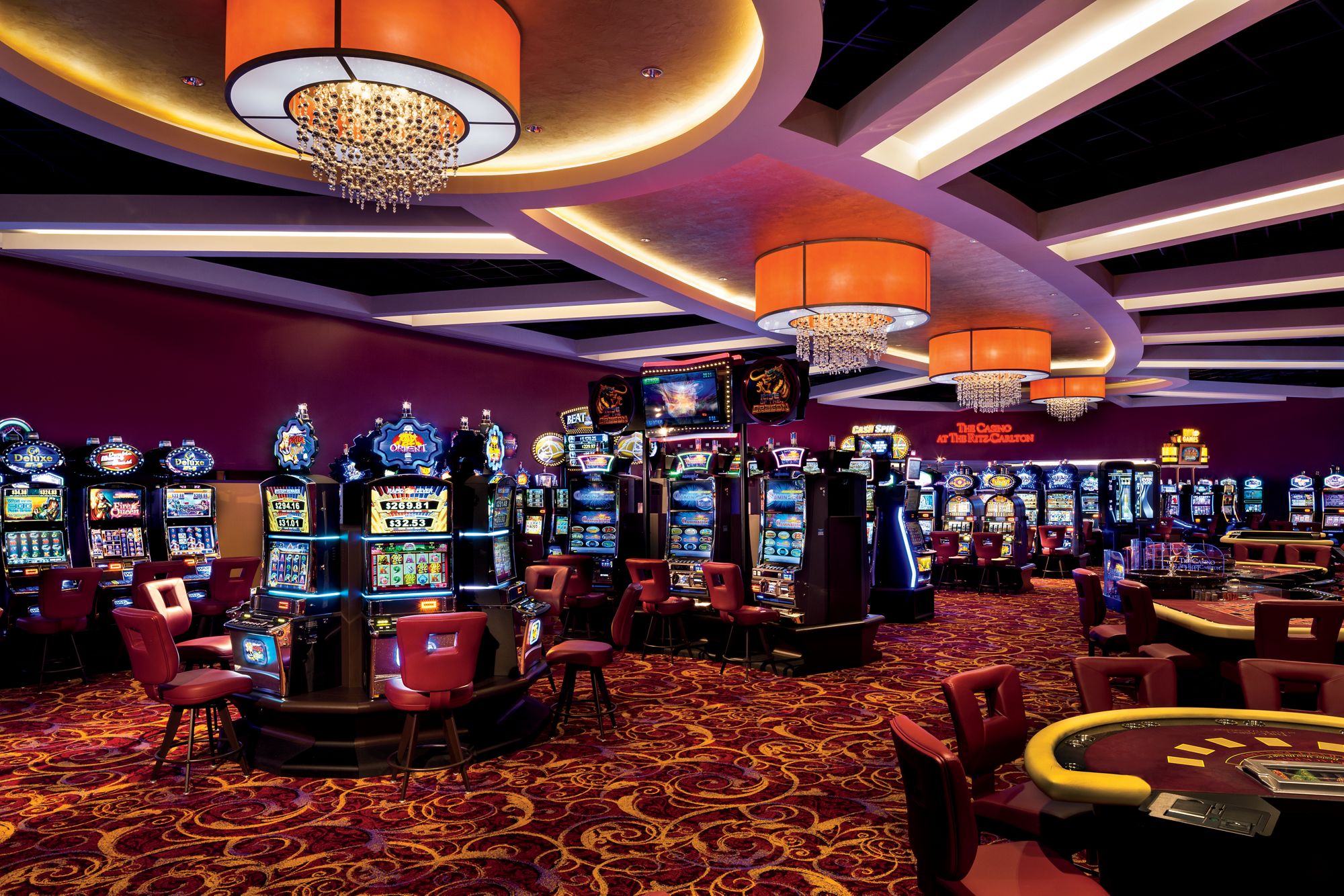Casino games have captivated for years a wide range of players, providing not only excitement through chance but also a tailored experience crafted for diverse kinds of players. Ranging from analytical thinkers who succeed through strategic thinking to the casual players in search of entertainment, casinos understand the nuances of their audience and develop games that cater to these varied preferences.
In exploring the world of casino games, we encounter a variety of options that interest all types of players. Competitive poker tables draw competitive players, while vibrant slot machines draw in players who seek immediate satisfaction. Whether it’s about the chance to win big or simply relishing the social environment, casinos create their game offerings to ensure that everyone finds a spot that feels comfortable and engaging. Recognizing how these games cater to different kinds of players can enhance not only our appreciation of them but also our method for choosing which games to play.
Understanding Player Types
In the varied world of gambling games, players can be classified into separate kinds based on their drives and likings. These player types range from the casual and communal gamers, who enjoy the enjoyment value and interactive connections that gambling provides, to the more strategic and methodical players, who seek to increase their chances and winnings. Comprehending these various categories is essential for casinos to tailor their offerings and design captivating settings.
One frequent type is the group-oriented player, who sees casino games as a form of social interaction and fun rather than a serious gambling endeavor. These gamers often enjoy games that encourage engagement and friendship, such as group-based games. Their attention is on the journey rather than the outcome, so lively atmospheres and shared moments are what they cherish the most.
On the contrary end of the spectrum, strategic players are inspired by contest and the quest of skill. They tend to be drawn toward games that necessitate decision-making and strategy, such as blackjack, where their abilities can determine the conclusion. This kind often interacts with the games on a more profound level, utilizing knowledge and strategies to achieve an edge. Comprehending these drives allows casinos to create settings and game selections that address to each player’s individual choices.
Game Design Strategies
Casino games are designed with varied player types in mind, utilizing multiple strategies to attract and capture them. For recreational players, the focus is on ease and clarity. Games like slots are often visually appealing with straightforward mechanics. This allows players to enjoy the gameplay without a difficult learning curve, creating an welcoming atmosphere. The vibrant hues, engaging audio, and thematic elements create a fun environment where players can quickly get involved and entertained.
For strategic players who enjoy a more profound level of involvement, games such as poker and 21 offer complexity and strategic elements. These games feature strategy and decision-making, appealing to players who thrive on competition and want to exercise their mental skills. The design of these games often includes complex rules and mechanics that challenge players to hone their skills and create strategies over time, resulting in a rewarding experience for those who enjoy perfecting the game.
Additionally, community-oriented players are considered through games that emphasize interaction and community. This includes live dealer games and multiplayer games, which foster a sense of community among players. The design of these games often incorporates chat features and social elements, allowing players to connect and exchange insights. By creating an environment where interaction is promoted, casinos can effectively involve social players, making the gaming adventure more pleasurable and unforgettable.
Improving Gamer Engagement
Betting titles have evolved notably to provide a much more immersive environment for players. Software developers focus on immersive images, dynamic soundscapes, and creative game mechanics that draw gamers into the gaming environment. By leveraging digital advancements, such as virtual reality and enhanced reality, betting houses ensure that participants feel as if they are part of a thrilling environment, enhancing in addition to the fun of the titles but also the complete enjoyment of being in a gambling venue.
Player interaction is another key aspect in improving player satisfaction in gambling titles. Numerous titles are crafted to promote communication among players, whether through multiplayer modes or social tools. This community feature appeals to players who enjoy communicating with others while playing, promoting a feeling of community. non GamStop casinos Furthermore, community aspects can feature ranking systems, competitions, and rewards for cooperative engagement, which attract ambitious participants and encourage them to come back for more.
Finally, personalization plays a pivotal role in tailoring the engagement for diverse participant categories. Gaming establishments and game developers examine player behavior and preferences to present customized game suggestions and benefits. By grasping the individual preferences of players, casinos can provide personalized offers, rewards, and new titles that appeal to each gamer, thus improving their total enjoyment and commitment to the betting establishment.

